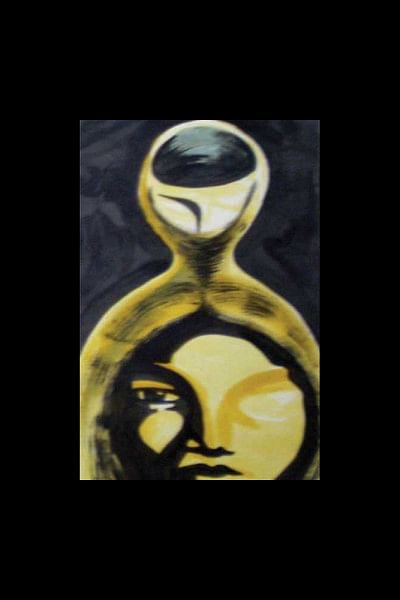A SHAMEFUL TRADITION

The tradition of giving and receiving dowry is unfortunately still alive and kicking in our country. Despite the increase in literacy rate, awareness, and provision of laws against dowry over time, one would think the practice has been significantly curbed. Unfortunately, the opposite has happened. The practice has now spread to the poorest classes of society and is considered nothing less than a curse.
2015 hasn't even begun properly, and already dowry related deaths are being splashed across the newspapers. Reshma Khatun from Benapole, Mollika Das from Jessore, Jesmin Khatun from Sirajganj, Sharmin Akhtar from Monirampur, Simi Akhter from Joypurhat and Chand Banu from Sharsha were all young women in their early twenties, who were tortured and murdered brutally by their husbands and in-laws– all because their families failed to meet the demands of dowry, and these are just a few of the reported cases. There are countless women whose deaths and suffering go unreported due to fear of repercussion and the lack of awareness about, and faith in our justice system.

“The Dowry Prohibition Act of 1980 deals with demanding and giving dowry and deems both punishable (at least 5 years in prison), even if there is no violence,” says Shahnaz Huda, Professor of Law and former Chair of the Law Department of Dhaka University. “Also, section 11 of the Nari O Shishu Nirjaton Damon Ain (2000), deals with death grievous hurt and simple hurt related to dowry,” she informs. However, in many cases, this law is considered problematic. “It talks about a mandatory death penalty for dowry related death. In some cases the judge is hesitant to give the perpetrator the death penalty, if there is some small doubt or extenuating circumstances,” she explains. “As there is no other alternative, such as life imprisonment, they have no option but to set the perpetrator free. The law commission has suggested giving the judge the option of life imprisonment as they believe this will increase the rate of convictions.”
Another issue that arises is that the Nari O' Shishu Act, falls under a special tribunal dealing with violence against women and children, therefore the punishments issued are stricter than those under other laws. “So, many people seeking justice for domestic-violence related deaths want to file their cases under this act and therefore list dowry as a cause of violence. If the allegations are found to be false, these cases tend to fall through the cracks,” says Huda.
Amendments to these important laws, is therefore crucial to ensuring justice in these cases. Proper enforcement of dowry related laws, support and counsel for the victims' families, and most importantly, education and awareness are all important factors that will help reduce the rate of these crimes in the future.

 For all latest news, follow The Daily Star's Google News channel.
For all latest news, follow The Daily Star's Google News channel. 



Comments